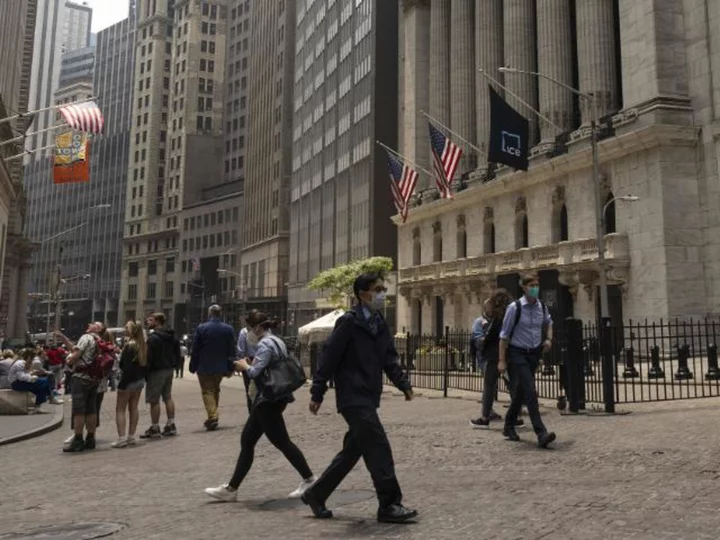Wall Street is feeling bullish again.
The S&P 500 rallied Thursday to end the day in a bull market, marking a 20% surge since its most recent low, reached on October 12, 2022. That brings to end the bear market that began in January 2022.
Buoyed by gains in big technology stocks, the broad-based index closed at 4,293.93 and crossed the threshold that separates a bear market from a bull market — that's investor-speak for a period of time marked by rising stock prices and optimism on Wall Street. Investors are certainly in a buying mood: CNN's Fear and Greed Index hit "Extreme Greed" Thursday
Markets have remained surprisingly resilient over the past nine months, as 2022 losers like tech and media have bounced back from a disastrous year on hope that the worst is over for those industries.
The AI boom has fueled interest in tech stocks, which dominate the S&P 500. After a horrible year for Big Tech, optimism has returned as ChatGPT has made AI the it-thing in Silicon Valley. Investors are placing big bets on Google, Meta, Apple, Amazon, Nvidia and others, hoping they can drive a new tech revolution with artificial intelligence.
Over the past week, markets have gained momentum, likely because of the end of the debt ceiling crisis, optimism that the Federal Reserve will pause rate hikes at its June meeting and a recent string of strong economic readings.
And while those are all positives for the economy, analysts fear that this could be a short-lived rally that ends up biting investors. Inflation remains too high for comfort. The US economy is still adding jobs but the pace has been mostly slower. Consumers are still spending, but they're pulling back on discretionary expenses like clothing and, focusing instead on necessities like food and leisure activities.
That isn't exactly a recipe for long-term market success.
"We're very late in the economic cycle that's starting to slow and probably heading for a recession later this year," Sameer Samana, senior global market strategist for Wells Fargo Investment Institute, told CNN. "The key difference for us is that you tend to see bull markets coincide with economic expansions, not economic contractions."
Still, since the last bull market, we've had a war in Europe, a banking crisis and a debt crisis among other dramas. Markets are in uncharted territory and while an economic recession coinciding with a Wall Street boom would be a first, "in this market, you never say never," said Samana.

